In 2012, during the Presidential Primaries Barack Obama and Willard Mitt Romney had spent about $ 1 billion each to finance their presidential campaign. Instead of paying his bill to a candidate, the New York billionaire Donald Trump has decided to enter himself into the arena: “I earn $ 400 million a year, so what difference does it make to me? “Another billionaire Ross Perot promised in 1992 to” buy the White House to give it back to the Americans who cannot afford it. “
Mr. Trump will probably fail to win, but not without have shed the light on how the American Political System works: “I am a businessman. When [a candidate] call me, I donate. If I need something two or three years later, I call them and they are there for me. “Former New York Senator and candidate in the Democratic primaries, Hillary Clinton was” there “too,” I told her to come to my wedding, she did it . You know why ? Because I donated money to her foundation. “To obtain an incorruptible president, suggests Mr. Trump, choose it from the list of major corrupters!
A judgment of the Supreme Court in 2010 removed most restrictions on political donations. Since then, the wealthiest are shamelessly displaying their favors. To explain the unprecedented number of Republican candidates for the White House (seventeen!), the New York Times noted that almost all can rely “on the support of a billionaire, which means that their campaign have no more connection with their ability to raise funds by adressing the voters “. John Ellis (“Jeb”) Bush has already redefined the nature of “small gifts”. For most candidates, it’s less than $ 200; for him, less than 25, 000 dollars …
Three billionaires – MM. Charles and David Koch, M. Sheldon Adelson – have become sponsors of the Republican Party. The Koch brothers, who are harshly criticized by the unions intend to spend $ 889 million on the elections next year, about the same as each of the two major parties. Wisconsin Governor Scott Walker appears to be their favorite, but three of its competitors have complied to their invitation with the hope of getting funding for their electoral campaigns.
Mr. Walker is also trying to satisfy Mr. Sheldon Adelson, eighth fortune of the country and worshiper of Israeli Prime Minister Benjamin Netanyahu. Again it is not the only one to blandish the octogenarian billionaire. Two years ago, Mr. Adelson believed that the US should send nuclear missiles on Iran rather than negotiating with its leaders. The seventeen Republican candidates had perhaps this assessment in mind when they debated between them on 6 August. Not surprisingly , all opposed the recent agreement between Washington and Tehran.

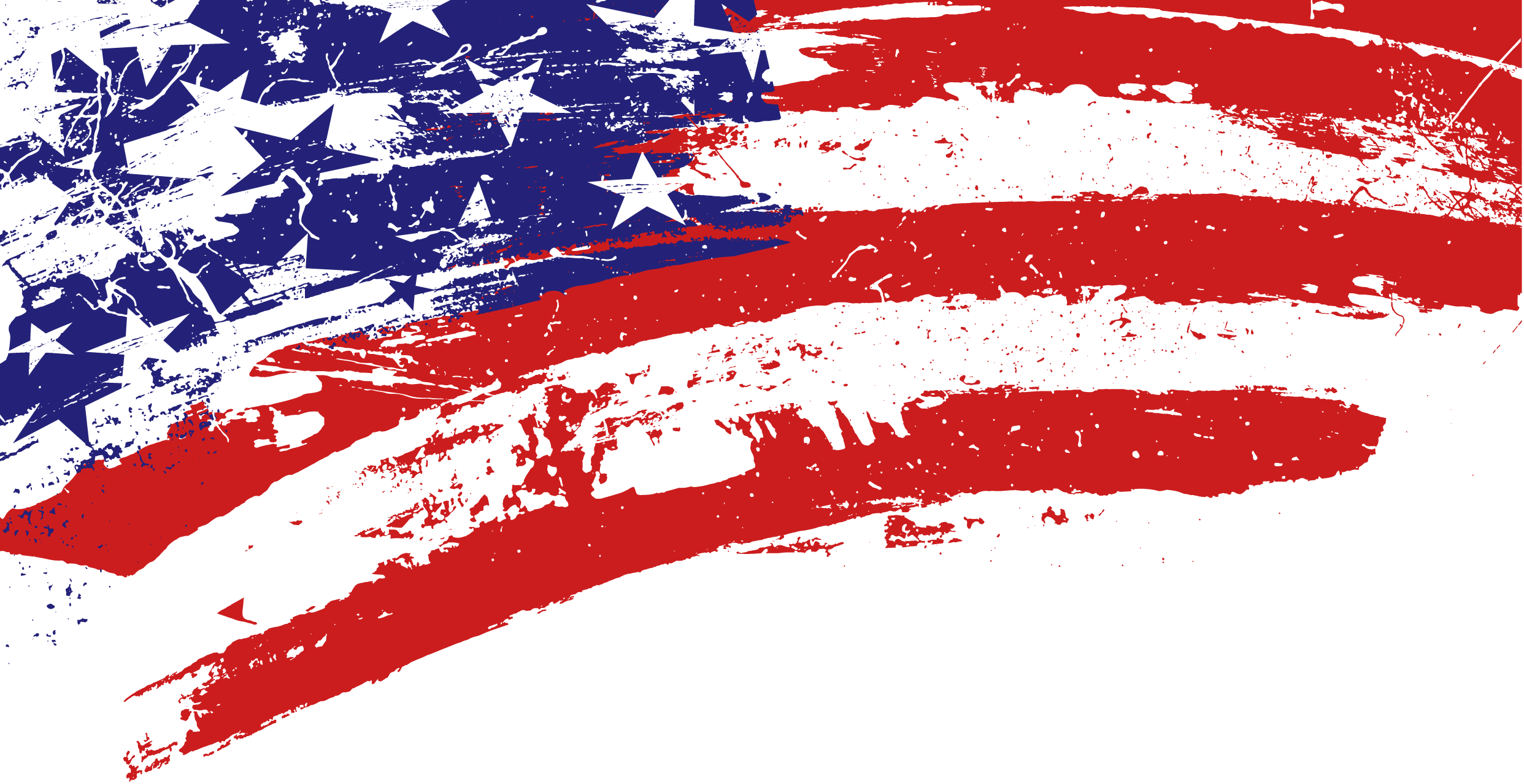
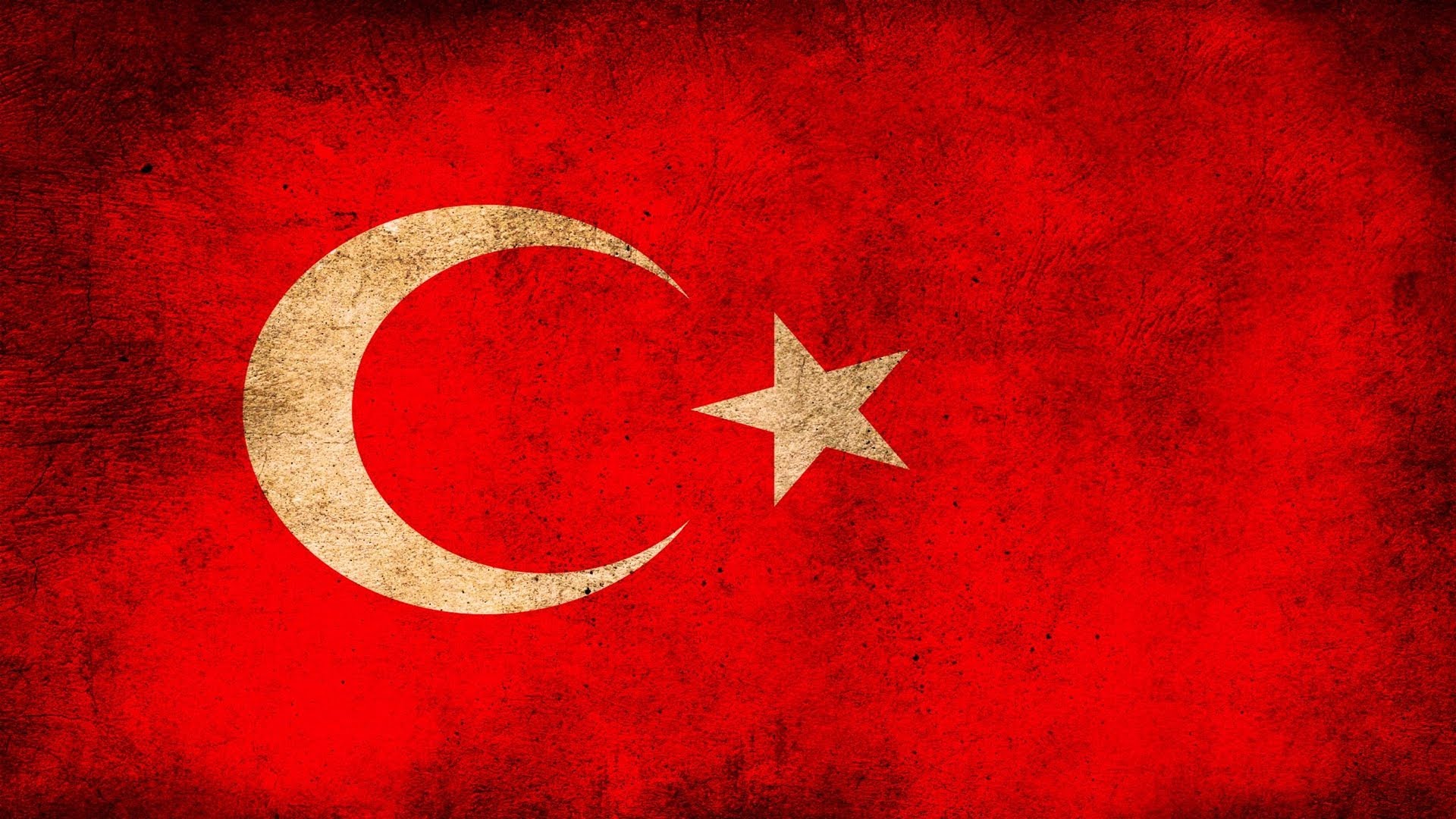
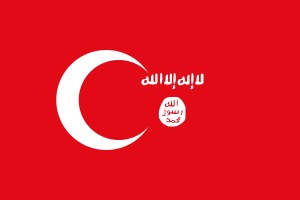
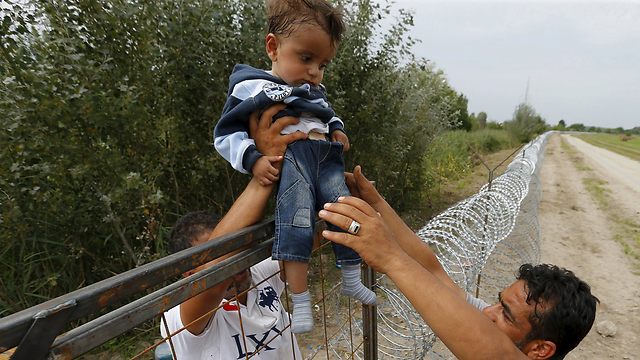
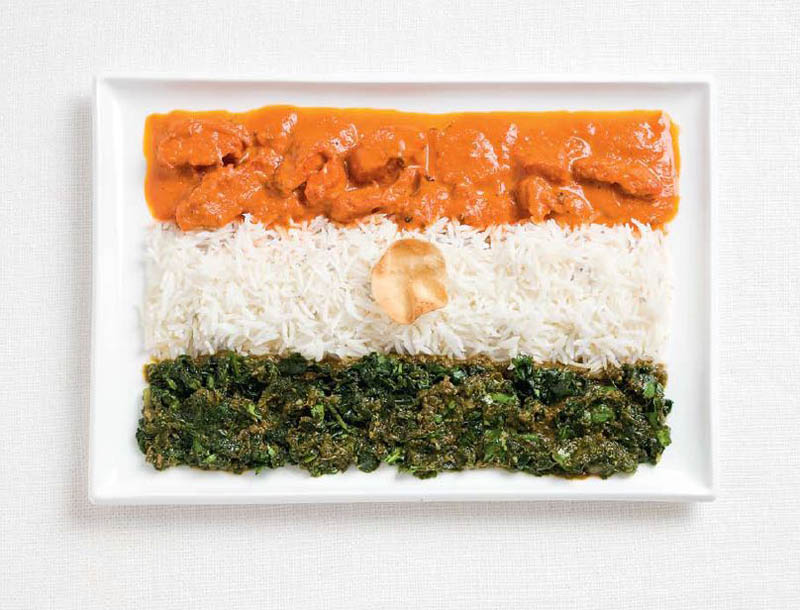

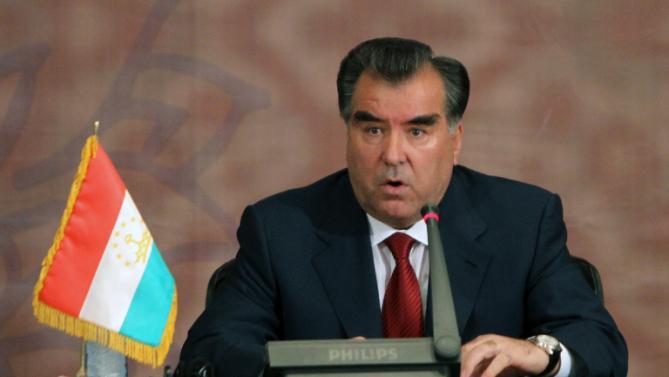
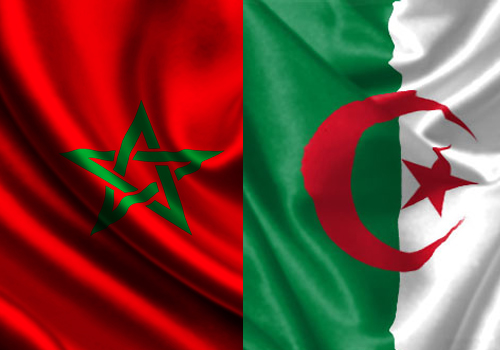
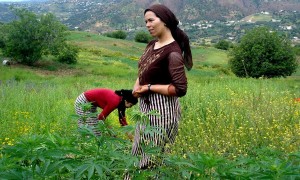 011 to over 211 in 2013 “.
011 to over 211 in 2013 “.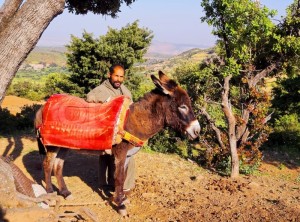

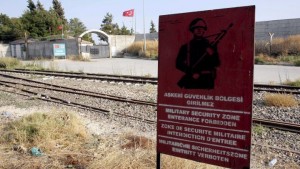
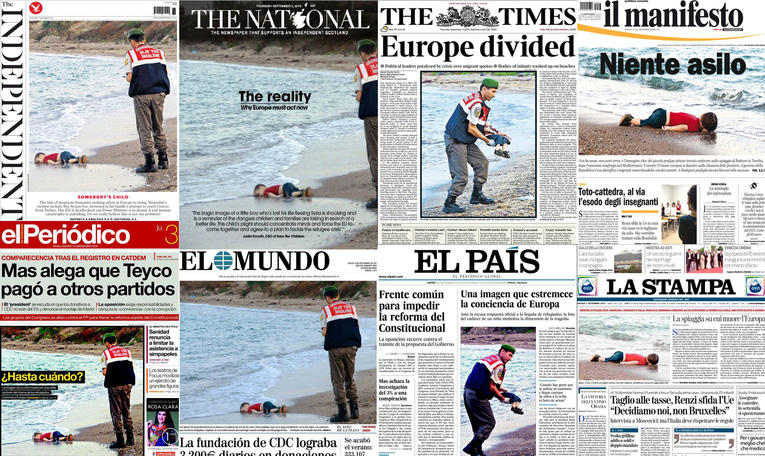
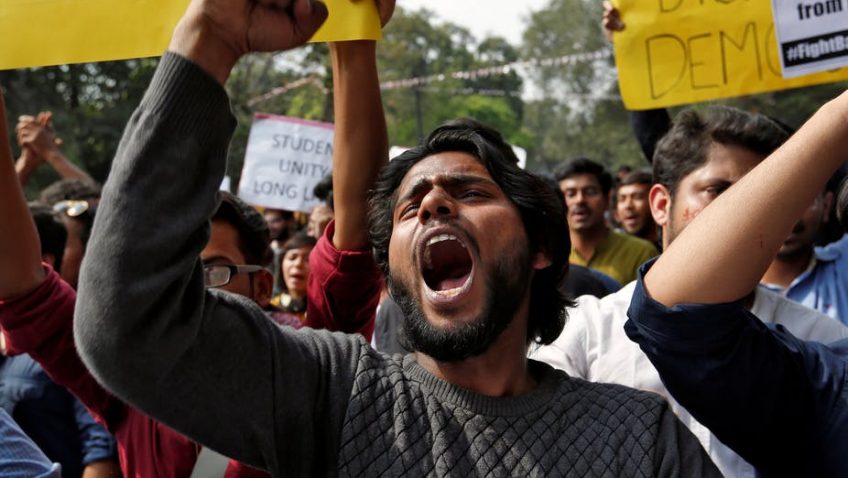
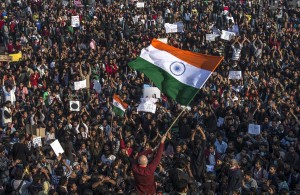 not take part in the strike,” notes the Hindustan Times, which states that the sectors Most affected are “transport and the bank”.
not take part in the strike,” notes the Hindustan Times, which states that the sectors Most affected are “transport and the bank”.